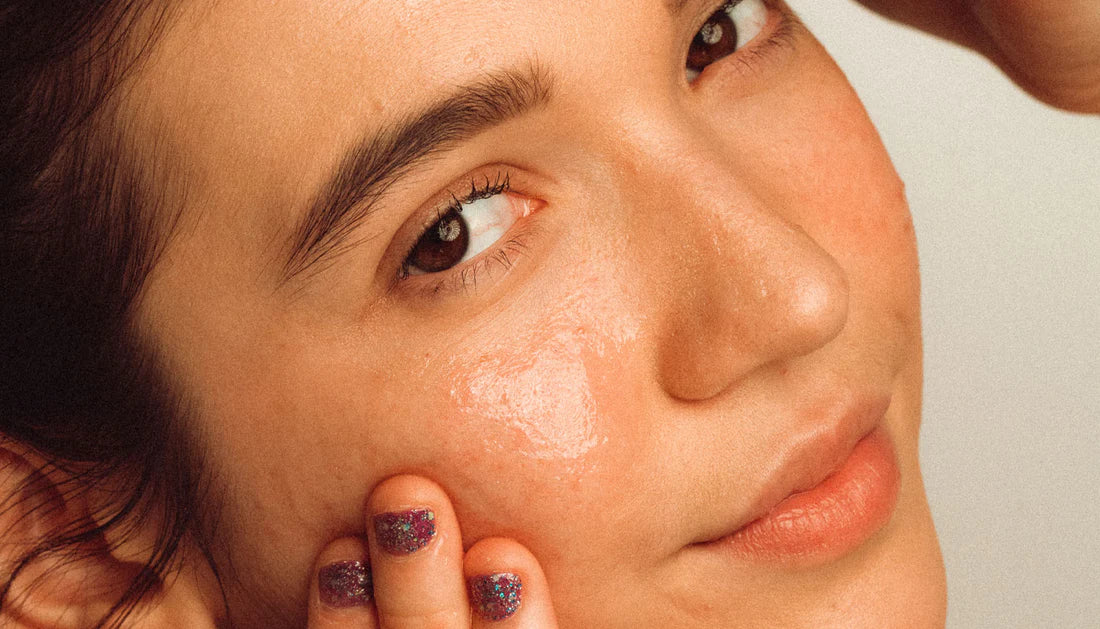
Beyond the Scent: How to Choose a Hand Cream That’s Truly Good for Your Skin
Share
Hand cream seems simple. When our hands feel dry, tight, or chapped, we reach for a tube and expect relief. But have you ever noticed that some creams provide only temporary softness, or even seem to make your hands feel drier over time? The long-term health of your skin depends entirely on what’s inside that bottle. A truly effective and safe hand cream does more than just add a pleasant scent; it works with your skin's natural biology to hydrate, repair, and protect. To make an informed choice, you need to understand the key ingredients that help, and which ones can potentially cause harm with prolonged use.
A good formula is built on a combination of ingredients, including humectants, emollients, and occlusives, sometimes with added skin-restoring agents.
Humectants are like water magnets that pull moisture to the skin's surface. You should look for ingredients like Glycerin, Hyaluronic Acid, Panthenol, Urea, and Aloe Vera. They actively increase the water content in your skin.
Emollients are oils and lipids that fill in the cracks between skin cells to smooth the surface and repair the skin's barrier. You can look for Shea Butter, Cocoa Butter, Ceramides, Squalane, and natural oils like Jojoba, Almond, or Avocado Oil. Ceramides are especially important as they help skin hold onto moisture on its own.
Occlusives form a physical barrier on the skin's surface to seal in moisture. Examples include Dimethicone, Petrolatum, Lanolin, and Beeswax. Without this layer, hydration can quickly disappear. Soothing extras can also be included to calm irritation and reduce redness, such as Niacinamide, Allantoin, and Colloidal Oatmeal.
It is also important to know which ingredients to approach with caution. The wrong ingredients can strip the skin or trigger allergies. High concentrations of fragrance or Parfum are a common cause of skin sensitivity. For long-term use, unscented or fragrance-free products are a safer bet.
You should also be aware of drying alcohols. While fatty alcohols like Cetyl or Stearyl Alcohol are good for skin, you should avoid short-chain alcohols like Alcohol Denat., SD Alcohol, and Isopropyl Alcohol, as they can strip the skin's natural oils.
Potential allergens and irritants can include even natural ingredients like Essential Oils. Some harsh preservatives have also been linked to irritation, so people with sensitive skin sometimes avoid formaldehyde-releasing preservatives like DMDM hydantoin or Methylisothiazolinone.
To choose a healthier hand cream, look for a formula rich in beneficial ingredients like Glycerin, Ceramides, Shea Butter, Niacinamide, and Dimethicone. Try to choose products labeled Fragrance-Free. Read the top five ingredients to ensure they are beneficial. When in doubt, apply a small amount to your inner wrist for a day or two to see how your skin reacts before committing. By investing a moment to read the label, you're choosing a long-term health product for your skin.

